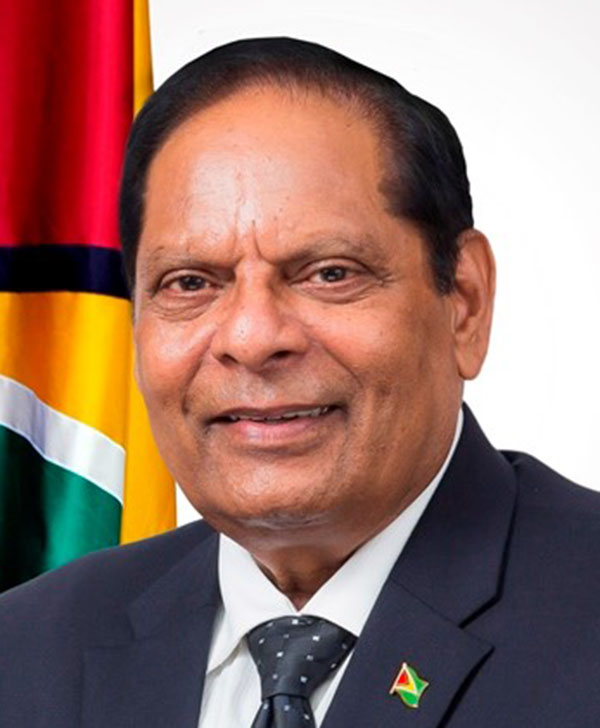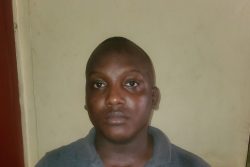As the signs grow that the government will challenge Friday’s successful motion of no confidence against it, Prime Minister Moses Nagamootoo joined the proceedings by stating yesterday that the Speaker of the National Assembly would have to consider whether the APNU+AFC MP who broke ranks was bribed and whether a majority in the House was 33 or 34.
In a Department of Public Information (DPI) news item, the PM offered no evidence of any bribery of APNU+AFC MP Charrandas Persaud which led him to vote against the government. Persaud has said he became disaffected with the government and was tired of being a `yes’ man. He has denied being bribed.
“If a vote in the National Assembly was procured by unlawful means to overthrow a constitutionally elected government, that will have serious implications and the Speaker (Dr Barton Scotland) will have to address that issue,” DPI quoted Nagamootoo as having said.
“If you had a member of parliament who knew that he had lost confidence in his party or his slate, he should have indicated to the house that he no longer wanted to support his slate and he wanted to endorse another slate so that the house would know how to deal with that situation” the PM further opined.
Nagamootoo’s comment appears to have been made several hours after the People’s National Congress Reform (PNCR) declared that evidence of a bribe exists. The PNCR did not provide any evidence of this.
According to Party Executive Aubrey Norton Leader of the Opposition Bharrat Jagdeo colluded with forces in Trinidad to “mobilise resources” and bribe a sitting Member of Parliament. Jagdeo has denied this.
When Persaud voted ‘yes’ the motion was carried 33 to 32 with the results later certified by Clerk of the National Assembly Sherlock Isaacs.
Since that time Attorney Nigel Hughes has posited that the vote did not represent a majority of the elected members as meant by the Constitutional provisions. According to Hughes 34 favourable votes would’ve been required to pass the motion.
The PM yesterday noted that this too is a question to be directed to the Speaker noting that there is a view that the motion needed 34 votes to pass and that this was known to the opposition.
“They were privy to a legal opinion that says you needed 34 and so, they are in a quandary now how to deal with the situation because the Speaker had indicated at the last sitting that he will return on the 3rd of January to address the consequences of the votes, meaning, did it meet the threshold under the constitution for a majority?” he said.
The PM appeared to accept Hughes’ argument noting that “… how does one arrive at a majority… The formula has been one half plus one. So, if you have 64 members of the parliament, your one half would be 32 and a majority would be 33. How then can you have 33 as a majority for 65, unless you can prove that 64 is equal to 65. So, you can see already that it is producing an absurd conclusion, and the constitution would have never contemplated the creation of an absurdity.”
Challenged on why in the immediate aftermath of the vote he appeared to accept that the motion had been carried, Nagamootoo said that “as an Attorney-at-Law when a judge makes a ruling, you accept the ruling until you’re able to have that ruling withdrawn, those are things a court would do if it found it had been in error”.









